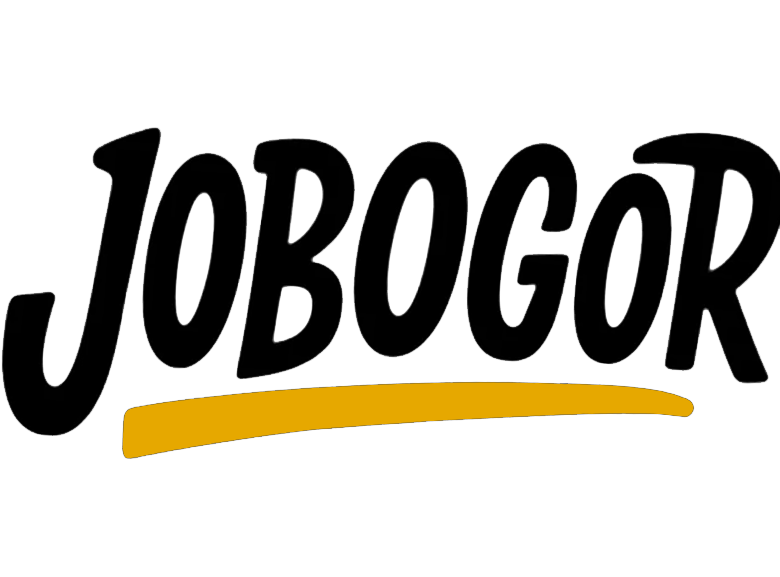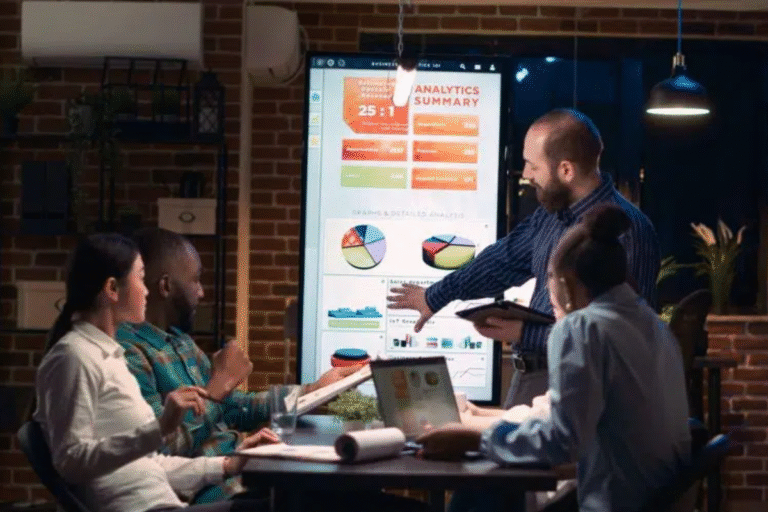Digital marketing has grown beyond simple email campaigns and social media posts. In today’s fast-paced business world, companies need to reach the right audience at the right time with personalized messages. However, manually handling every marketing task is not only time-consuming but also prone to human error. This is where automation in digital marketing plays a transformative role.
Automation uses software and technology to streamline, execute, and monitor repetitive marketing activities. From sending automated email campaigns to running AI-driven ad targeting, automation ensures higher efficiency, cost savings, and better customer engagement. In this blog, we’ll explore how automation is shaping digital marketing success, its benefits, key areas of application, challenges, and the future scope.
What is Marketing Automation?
Marketing automation refers to the use of technology platforms that help businesses manage marketing processes across multiple channels automatically. These platforms track customer behavior, segment audiences, and send personalized messages without manual intervention.
Examples of marketing automation include:
-
Automated welcome emails when a customer signs up
-
Chatbots assisting customers 24/7
-
Scheduled social media posts
-
Personalized product recommendations on e-commerce sites
Why Automation is Crucial in Digital Marketing Success
-
Saves Time & Resources – Replaces repetitive tasks with intelligent workflows.
-
Improves Customer Experience – Ensures timely, personalized, and relevant communication.
-
Increases Conversion Rates – Delivers targeted campaigns based on customer data.
-
Data-Driven Insights – Tracks customer behavior and campaign performance.
-
Scalability – Helps businesses manage thousands of customers without increasing manpower.
Key Areas Where Automation Impacts Digital Marketing
-
Email Marketing Automation
-
Automated drip campaigns
-
Personalized product suggestions
-
Abandoned cart reminders
-
-
Social Media Automation
-
Scheduled posts
-
Social listening tools
-
Automated ad campaigns
-
-
Customer Relationship Management (CRM)
-
Automated lead nurturing
-
Sales funnel tracking
-
Follow-up reminders
-
-
Advertising Campaign Automation
-
Programmatic advertising
-
AI-driven bidding
-
Automated targeting
-
-
Content Marketing Automation
-
Dynamic website content
-
Personalized recommendations
-
Automated content distribution
-
-
Chatbots & Customer Support
-
24/7 customer service
-
Instant query resolution
-
Multilingual support
-
Summary Table: The Role of Automation in Digital Marketing Success
| Factor | Role in Digital Marketing | Automation Impact | Best Practice |
|---|---|---|---|
| Time Efficiency | Faster execution of campaigns | Reduces manual work, improves productivity | Use workflow automation tools (Zapier, HubSpot) |
| Personalization | Tailored experiences boost engagement | AI segments audience for targeted messages | Apply dynamic content & behavior-based triggers |
| Lead Generation & Nurturing | Converts prospects into customers | Automated follow-ups & scoring systems | Use CRM + automation integration (Salesforce) |
| Customer Engagement | Builds loyalty and trust | Chatbots & email responders maintain interaction | Implement AI chatbots + automated email replies |
| Data Analytics & Insights | Understand customer behavior | Automated reporting dashboards | Use Google Analytics + automation plugins |
| Social Media Marketing | Reach wider audience consistently | Pre-scheduled posts & social monitoring | Tools like Buffer, Hootsuite, Sprout Social |
| Ad Campaigns | Boosts ROI with accurate targeting | Programmatic & AI-driven ad placements | Use Google Ads automation & Meta Ads Manager |
| Sales Conversion | Direct impact on revenue | Automated sales funnel tracking | Integrate marketing automation with CRM |
| Customer Retention | Keeps customers coming back | Loyalty emails, re-engagement campaigns | Automate reward & feedback systems |
| Scalability | Handles thousands of customers simultaneously | Expands reach without extra manpower | Cloud-based automation tools for growth |
Popular Automation Tools in Digital Marketing
-
HubSpot – All-in-one marketing automation
-
Mailchimp – Email marketing automation
-
Hootsuite / Buffer – Social media automation
-
Zapier – Workflow automation
-
Salesforce Marketing Cloud – CRM and customer journey automation
-
Google Ads Automation – AI-driven advertising campaigns
Pricing List of Popular Automation Tools
| Tool Name | Pricing (Monthly) | Best For |
|---|---|---|
| HubSpot | $50 – $800 (depends on features) | All-in-one marketing + CRM |
| Mailchimp | Free plan + $11 to $299 (premium) | Email campaigns & automation |
| Hootsuite | $99 – $249 | Social media scheduling & analytics |
| Buffer | Free plan + $6 to $120 per channel | Social media automation |
| Zapier | Free plan + $19.99 – $799 | Workflow integrations |
| Salesforce | $25 – $1,250 per user | Enterprise-level CRM & automation |
| ActiveCampaign | $29 – $149 | Email & customer experience automation |
| Google Ads Automation | Pay-per-click (custom budget) | Automated ad campaigns |
Challenges in Marketing Automation
-
High initial cost for premium tools
-
Requires skilled professionals for setup
-
Risk of over-automation leading to robotic communication
-
Data privacy concerns (GDPR compliance)
Future of Automation in Digital Marketing
The future will bring more AI-driven personalization, voice-activated marketing automation, predictive customer behavior models, and deeper integration with IoT devices. Businesses that adopt automation early will remain competitive, while those resisting it may fall behind.
Conclusion
Automation is no longer a luxury—it’s a necessity for digital marketing success. By saving time, improving personalization, and increasing conversions, automation has transformed the way businesses interact with customers. From email campaigns to chatbots and predictive analytics, the power of automation ensures that businesses remain efficient, scalable, and customer-focused in today’s digital-first world.
👉 Companies that embrace automation will not only survive but thrive in the ever-evolving landscape of digital marketing.



